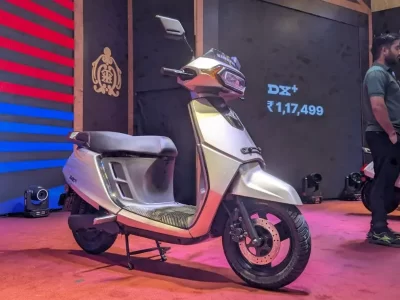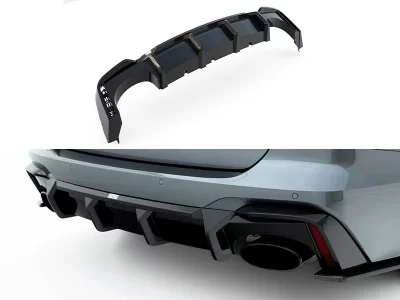Buying a commercial vehicle is a big decision that takes into account a lot of planning, research and consideration. You don’t have to be an absolute expert, but you need to be aware of the current market, among other things, to make a favourable decision. Today, a lot of information is available on the internet through reliable commercial vehicle websites.
Purchasing a commercial vehicle is an important investment that will serve you for years to come. If you are planning to buy your first or your next commercial vehicle, be it a pickup truck or an EV mini truck, here are a few common mistakes that you must avoid.
Not Having A Plan Or Foresight
If you are not sure beforehand what kind of commercial vehicle you are looking for, you won’t be able to buy a model that fully satisfies your needs. You should plan or at least know in detail what exactly you are looking for. You should first narrow down on your budget, your brand/model of preference among other important factors. You also need to look at the specifications relevant to your needs and industry.
For example, if you are looking for a larger payload capacity, you can go with a Mahindra Bolero pickup. Make sure that you do your research well and compare different brands, product specifications and prices.
Overlooking Financial Aspects
You must consider the total cost of ownership before making the purchase. If you are going to buy an EV truck, don’t just look at the EV truck price. Also check the maintenance costs, recharging costs and other costs that may be involved in such a vehicle.
It is also essential to take into consideration the terms and conditions of the financial agreement. If you are purchasing the vehicle on installment, make sure to confirm the details of interest rates, repayment plan, and any other hidden costs that may be included.
Ignoring Local Laws And Regulations
Make sure to get familiarised with the local laws and regulations for the specific vehicle you are buying before you make the purchase. Commercial vehicles have different rules and regulations than regular civilian vehicles. In India, you will need to get permits to travel in certain parts of the country among other documents and insurance paperwork.
Commercial vehicles are also divided and regulated based on tonnage categorization, so make sure that your vehicle meets all the standards of that particular category. For example, if you are purchasing a Mahindra E Rickshaw, don’t forget to follow the passenger and luggage limitations imposed by the government on e-rickshaws.
Skipping The Test Drive
As mentioned, purchasing a commercial vehicle is an investment. It helps in transportation of exceptional nature and distances and aids in logistics specific to an industry. So, make sure that you full-proof check the vehicle before putting in the money. Whether it is a first hand or a second hand purchase, get a qualified mechanic to run all the inspection tests. If you can’t test drive the vehicle yourself, then get someone reliable to test it for you. The driver who is going to spend the most time with the vehicle should ideally test drive it.
Neglecting Vehicle History And Records
You need to get your hands on the vehicle’s past, history and all the records that you can get. You will find valuable information from here that will hugely impact your decision. It will help you find whether there have been any past failures or incidents and the number and nature of repairs, among other important information. This will tell if the vehicle you are purchasing is reliable or not. This way, you can detect early if there is anything wrong with the model and avoid any surprises for later.
Apart from the tips mentioned above, you should also understand that it is essential to not rush the purchase. Take your time and deal with the process with patience, clarity and solid ground of information and research. If required, seek professional advice from reliable sources that can help you with your decision. It is also advisable to take into consideration the impact of the vehicle on the environment. Be intentional about adopting greener technologies and reducing pollution wherever possible.













Comments